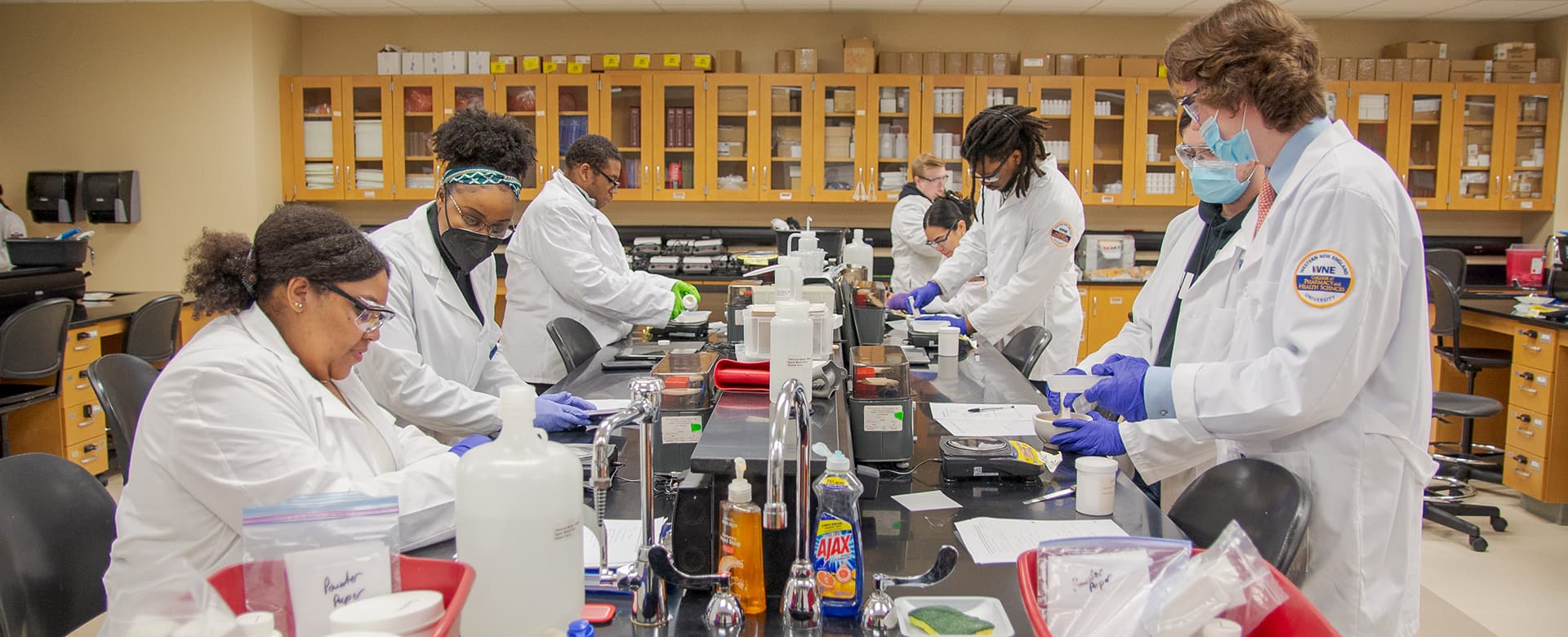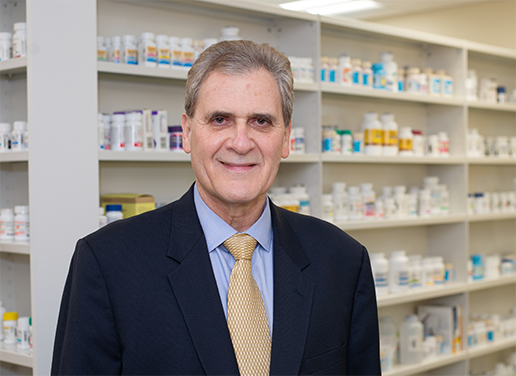Transformative Education for Healthcare Leaders
In just over a decade, the College of Pharmacy and Health Sciences at Western New England University has gained a reputation for its nurturing environment, characterized by a faculty that inspires and mentors students from day one to graduation and beyond. In caring professions, amidst unprecedented challenges and changing roles, there can be no better atmosphere to model these values.
That support has a direct correlation to our graduates’ high pass rates on licensure examinations, strong residency placement rates, and the respect we have garnered for regional involvement with interprofessional education in both pharmacy and occupational therapy.
Agile and innovative, resilient and confident, our graduates are well-prepared for the workplace of tomorrow and to serve their communities and advance their professions. Students learn by doing through a robust technology program that includes simulations and high levels of student engagement in service, scholarship, and research.
Our programs emphasize the cultivation of divergent thinking skills, social and emotional intelligence, empathy, and a sense of humanity. Indeed, WNE graduates of the Doctor of Pharmacy program were not only on the front lines of COVID-19 testing and immunization, they were 20 feet in front of it. That is the WNE way.
The College of Pharmacy and Health Sciences is proud to be a part of an institution now nationally ranked by US News and World Report. Leveraging the broad-based offerings of the University, we are able to offer accelerated degree programs in collaboration with the College of Arts and Sciences, such as a six-year Health Studies to OTD Degree, and a 0-6 Doctor of Pharmacy program, which guarantees qualified high school seniors a seat in our PharmD program after completing two years of preprofessional studies. The College also offers combined PharmD/master’s degrees in collaboration with the College of Business for students who see their future in either business administration or organizational leadership roles. In addition, the College offers two new master’s programs in pharmaceutical sciences and pharmacogenomics. The College also welcomed the addition of the Neuroscience undergraduate degree program in 2022. Other exciting opportunities are on the horizon.
If you are called to serve in the varied career paths of today’s pharmacy profession or seek to become a transformative leader with a Doctor of Occupational Therapy degree, now is the time to embark on that path—and the place is the College of Pharmacy and Health Sciences at Western New England University.



